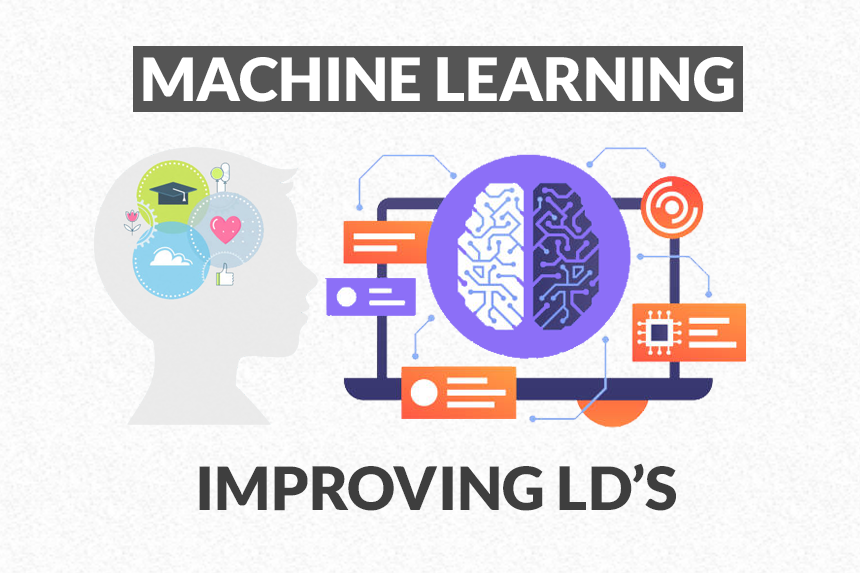
As education changes, teaching self-regulation to children is key for their success. It helps equip young minds for the challenges ahead. Self-monitoring is vital for a child's executive function. It affects their problem-solving, thought capture, and ability to adapt to new learning situations. It enables children to observe and note their behaviors, helping them grow in every life aspect.
By using tested strategies and activities, kids can master self-monitoring. This sets them on a path to better focus, improved problem-solving, and stronger social-emotional skills.
Tools like checklists, visual aids, and self-reflective journaling offer practical, effective ways for kids to learn self-monitoring. It changes how they learn and interact within their communities.
The Essential Role of Self-Monitoring in Child Development

Self-monitoring is key for a child's overall growth. It impacts learning, social skills, and self-growth. Kids learn to reflect on their actions through benefits of self-monitoring for children and developing self-monitoring habits in kids. This skill helps them make better choices and solve problems well.
Many studies show how vital self-monitoring is for kids. For example, McClelland's research from 2007 found it boosts reading and math in young children. Masten's work in 2012 showed it helps kids succeed in school, even when things are tough.
Introducing self-monitoring strategies into everyday life is helpful. This gives kids a way to check and improve how they interact and perform in school. Such strategies include:
- Setting specific, measurable goals
- Using checklists and behavior charts
- Encouraging reflection through journals or talking
Parents and teachers play a big role in child development. Studies by Mashburn and others show high-quality classrooms and good peers help. By using consistent but adaptable methods, kids learn to be responsible. They see real progress in school and life.
Self-monitoring also boosts school success. It helps kids control how they act and interact. They become less impulsive, which is especially helpful for those with learning or attention issues. It lays a solid base for learning and connecting with others.
In summary, learning about and growing benefits of self-monitoring for children is crucial. Working together, educators, parents, and kids can build empowered, self-aware individuals.
Exploring Metacognition: Developing Self-Awareness in Children

Understanding how we think about our own thinking, or metacognition, is key in child development. It's the foundation for teaching kids how to be aware of themselves. This awareness helps them handle their learning experiences well.
What is Metacognition and Why Does it Matter?
Metacognition is knowing about one's own thought processes. It plays a big role in how we learn. It lets students grasp their strong points, weak spots, and how they learn best. By learning about metacognition, kids can check and shift their ways of thinking. This improves how they solve problems and make decisions. Studies show that this skill grows a lot from ages 12 to 15. This is because of changes in a part of the brain called the paralimbic network.
Activities to Improve Metacognitive Skills
To help kids get better at self-monitoring, we can use some strategies. Teachers and parents have roles to play here.
- Reflection Journals: Ask kids to write in a journal about what they learned and how they felt each day. This boosts their ability to look inward.
- Metacognitive Surveys: Surveys can help students think about how well they understand things. They learn about their own learning styles and what they need to work on.
- Wrap Sessions: After learning activities, have sessions where students reflect on what methods worked or didn't. This betters their ability to monitor their learning.
- Questioning Techniques: Teach students to ask themselves deep questions. Questions like "What could I have done differently?" help with self-reflection.
- Teaching the Science of Metacognition: Explain how knowing about the brain helps in controlling thoughts. Understanding this encourages a positive attitude towards tackling challenges.
Including metacognitive activities in the curriculum is crucial. It's not just one more task. It's a step towards giving students the power to learn and grow on their own. This encourages them to keep learning and improving throughout their lives.
Ways Kids Can Learn Self-Monitoring to Learn

To help kids boost self-control, there are useful methods. These not only build independence but also help with self-evaluation. This is important for their learning and social skills. Here, we talk about different ways to help at home or school.
- Creating structured outlines for tasks helps children organize their thoughts and actions, promoting a focused approach to learning and task completion.
- Introducing regular self-assessment schedules encourages consistency and accountability, enabling kids to recognize their progress and areas needing improvement.
- Using visual aids like index cards and social stories can illustrate behavioral expectations and scenarios, making abstract concepts more tangible and understandable.
- Implementing sensory strategies or coping mechanisms can assist children with specific sensory needs, helping maintain focus and attentiveness throughout the day.
- Gradually reducing physical prompts and encouraging self-talk empowers children to develop independent self-regulation and monitoring capabilities.
A great tool in this area is the Impulse Control Journal. It helps kids plan and reflect on their behavior and skills.
Each strategy can be tailored to meet different needs. This ensures they help various children, regardless of ability or stage. By fostering self-monitoring and evaluation, adults help children grow fully, ready for the future.
Self-monitoring improves behavior management for teachers and gives students tools to judge and adjust their actions. It saves teacher time and offers students quick feedback. This makes learning smoother and more effective.
By teaching kids self-monitoring skills with these strategies, they become more aware and self-regulating. This boosts their school work, social life, and self-confidence.
Promoting Self-Reflection: Helping Kids Understand Their Learning Process

In the world of education today, it's key to help kids think about their learning. Teaching them to be self-aware boosts their school performance and gets them ready for future success.
Self-Reflection Techniques
There are many good ways to help students think about their own learning. These methods help kids see their learning and actions from various angles:
- Journaling: Writing often about what they experience helps kids understand their own thoughts and feelings better.
- Role-Playing: Acting out situations lets kids see different viewpoints. It helps them think about how they would react in those situations.
- Guided Reflection Tools: Things like the Impulse Control Journal help kids think about how they feel and deal with those feelings in a structured way.
- Feedback Sessions: Getting constructive feedback helps students know what they do well and where they can improve.
Benefits of Reflective Learning Practices
Reflective learning offers many perks for students:
- Enhanced Problem-Solving Skills: It makes them better thinkers, so they can solve problems in school and life more effectively.
- Improved Emotional Intelligence: It helps kids understand their feelings, which makes them better at handling their emotions and getting along with others.
- Greater Motivation and Self-Esteem: Knowing about their learning path gives them a sense of achievement and motivates them to keep improving.
- Increased Autonomy: Reflecting on their education makes kids feel more in charge of their learning, leading to independence and a more self-driven approach to education.
Using these strategies helps kids not just in school, but sets them up for success later on. Making self-reflection a regular part of learning is a powerful tool for their lifelong journey.
Techniques for Enhancing Self-Assessment in Children

Teaching kids how to monitor themselves is key in learning, going beyond just school work. Kids with emotional and behavioral issues often struggle more in class. They don't engage well and can act out. But teaching them to assess themselves can turn things around. Self-monitoring helps them notice and then adjust their actions. This is useful for all students, not just those with challenges, to improve their own learning skills.
Self-assessment is about looking inward and taking steps to do better. This includes evaluating their own work, giving themselves pep talks, and setting goals. These actions keep students motivated and on track. By teaching kids these skills, educators help them build important life abilities. Such strategies boost school performance and create learners who can think for themselves and adapt their learning.
It's important to teach kids how self-assessment works. This means setting goals they can reach and showing them how to think over their actions. Letting them know about tools for self-evaluation and using feedback from others makes their self-assessment better. This approach helps kids develop a mindset that looks for growth. It encourages them to think about how they learn, reflect on their learning and experiences, and see how close they are to their learning goals.
How can teaching self-regulation skills better prepare children for success as education evolves?









